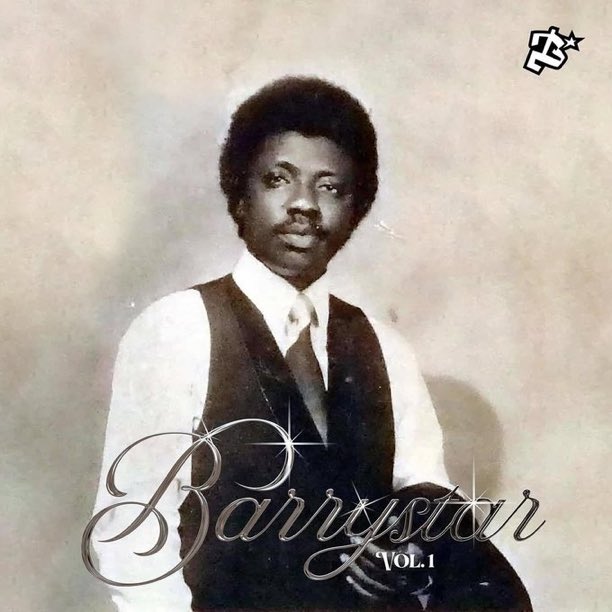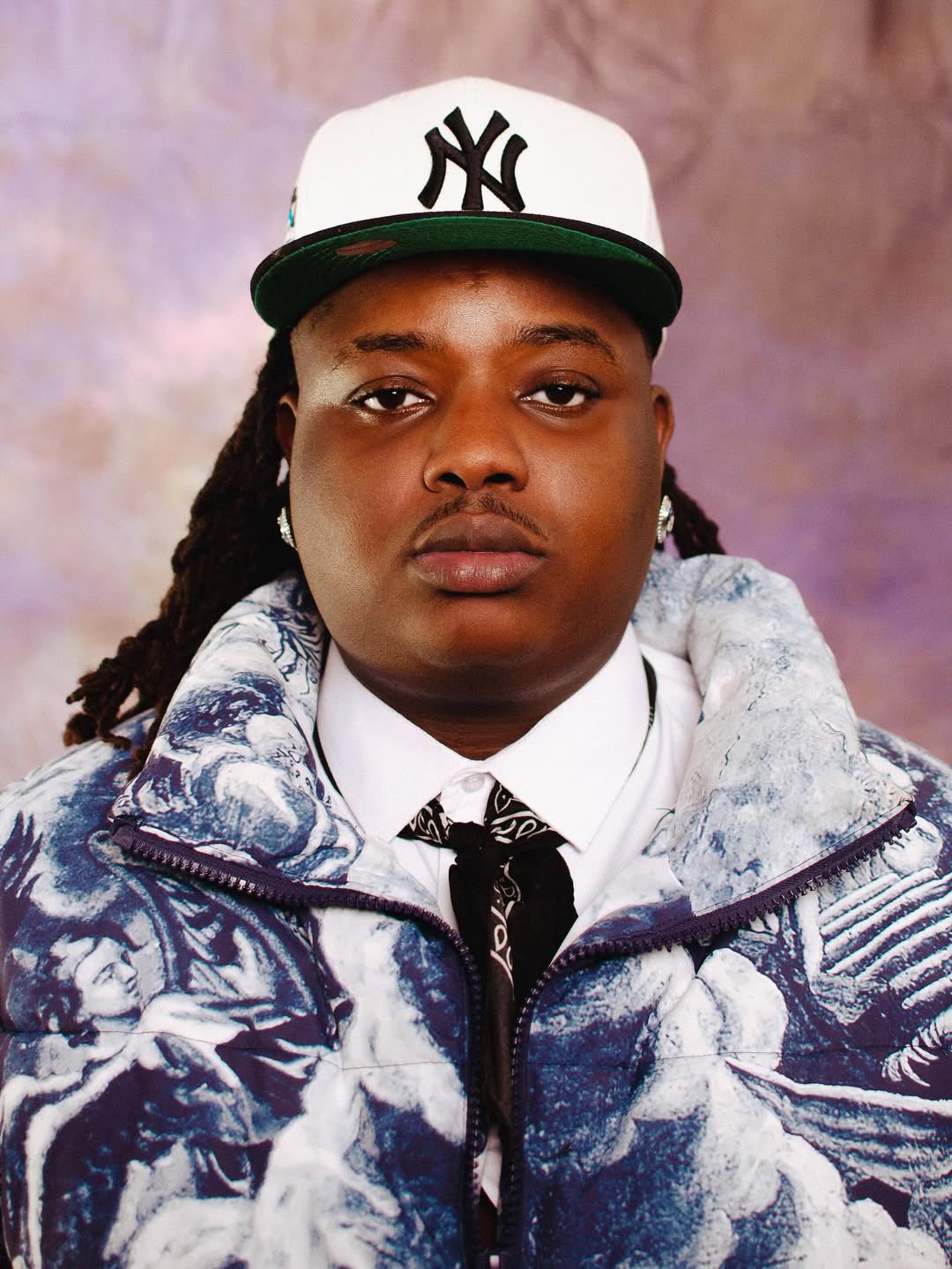Barry Jhay’s latest offering solidifies his position as a key voice in the Afro-Adura movement .This album has resonated deeply, claiming the coveted number-one spot on the Apple Music Nigeria albums chart.
Each track is a snapshot of raw ambition and introspective grind. The album begins with a twist on the Lord’s Prayer—a melodious and contemporary reimagining that sets the tone for what follows. This opening establishes the album’s theme of soulful reflection.
Uptempo rhythms burst forth in tracks like “Eskelebebe,” where sweet vocal melodies interlace with energetic beats. “Do Not Disturb” and “Never Stop” deliver messages of defiance against negativity and an unyielding commitment to breaking free from the constraints of the hood. Meanwhile, “Black H3ro” introduces a refreshing dash of Caribbean flavor, lending the album an unexpected twist that broadens its dynamic range.

On “Rest,” Barry Jhay couples a distinctive Yoruba folk instrument with a sample from the legendary Salawa Abeni to create a transition into pop-infused vocals riding atop Amapiano beats—a sonic bridge that honors Yoruba musical heritage while embracing modernity. In “Same Old Shit,” he channels an unwavering street hustle through Afro swing elements that echo the versatility of artists like Wande Coal. The standout track “Kilonso” captivates with its relentless Amapiano pulse and signature falsetto hooks; its introductory drum baseline subtly recalls the familiar textures of Fire Boy’s Spell, although slowed down to emphasize authenticity.
Barry Jhay couples a distinctive Yoruba folk instrument with a sample from the legendary Salawa Abeni to create a transition into pop-infused vocals riding atop Amapiano beats—a sonic bridge that honors Yoruba musical heritage while embracing modernity.
The record further showcases Barry Jhay’s range as he navigates from Afro swing to sensual love songs. “Lost” softly reveals a tender, introspective side, while “See Me See God” captures a deeply personal moment—sampling his father Ayinde Barrister’s 1975 classic “Ori mi Ewo ninse,” it forges a heartfelt one-on-one dialogue with the divine that feels like a daily prayer. “What a Life” marries reggae-inflected guitar strings with drill beats and rap cadences, highlighting his effortless stylistic shifts, and “Eleduwa” strikes with dynamic, live-sounding drum rolls and keyboard melodies reminiscent of Magic Stick’s production in Asake’s 2022–2023 run.
While Barry Jhay’s unmistakable Afro-Adura spirit radiates throughout the album, he also ventures into more refined production and increases his use of English lyrics—a shift that may risk alienating some of his longstanding listeners on the Lagos mainland. The album excels in capturing themes of spiritual devotion and the arduous climb out of challenging circumstances; however, there remains a desire for a broader exploration of themes that might signal further artistic evolution. Moreover, certain dedicated fans might have appreciated a more robust homage to classic Fuji and the musical legacy of his late father, as hinted at by the album’s cover art.
The project still stands as one of the top 10 mainstream releases and best albums of 2025, skyrocketing to number 1 on the Apple Music Nigeria albums chart.
Subscribe to our newsletter!








Leave a Comment